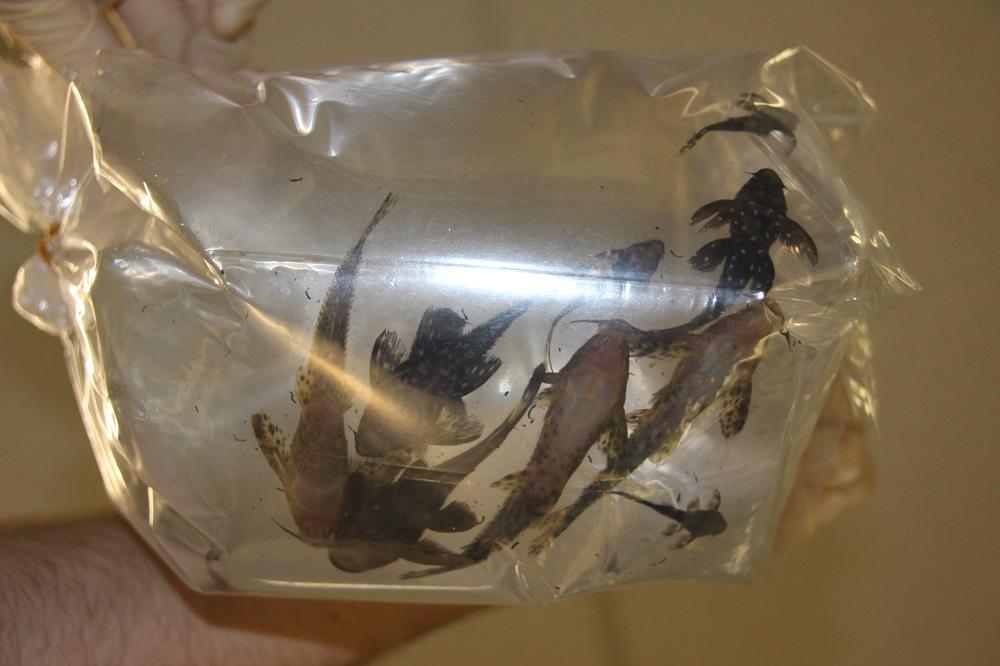
The beat
Vigilante groups arm children in Mexico
InSight Crime examines the failure of Mexican police to bring the killers of indigenous Rarámuri leader Julián Carrillo to justice 15 months after he was murdered. Crippled by inefficiency and corruption, police have failed to protect people from violence perpetrated by drug cartels. The police failure to act is also said to have triggered the rise of vigilante groups such as the Coordinadora Regional de Autoridades Comunitarios (CRAC) in Guerrero state. CRAC is said to be arming children as young as six to help them fight back against cartels.
Kashmiris dodge the Indian government’s internet ban
Indian police are investigating hundreds of Kashmiris said to be using virtual private networks to promote ‘secessionist ideology’ on social media. The use of VPNs is illegal in Kashmir but authorities failed to block the downloads. The Indian government is increasingly using internet shutdowns to curb protests. In August last year Prime Minister Narendra Modi’s government banned internet access in Kashmir after revoking its semi-autonomous status. The ban was strongly criticised by India’s top court.
CT scan
German police arrest 12 over far-right terror plots
German police have arrested 12 men alleged to be members of a far-right terror network planning attacks on politicians, asylum seekers and Muslims. Authorities say they’ve identified more than 12,000 people in the country who have far-right views and are potentially violent. Germany has been stepping up its fight against far-right extremism by creating specialist units in the federal police force and intelligence agencies, and toughening gun and hate-speech laws.
Who’s responsible for taking down terrorism-related content from the internet?
The killing of 29 people in Thailand has reignited debate on who should be responsible for taking down harmful content from the internet. While there is general support for the removal of content depicting extreme violence, some governments argue that even mild dissent must be controlled. Spurred by last year’s Christchurch shooting, the Australian government is planning to introduce legislation to give authorities more power to order the removal of some types of content.
Attack on church in Burkina Faso
Jihadists have killed 24 people in an attack on a Protestant church in northern Burkina Faso. The country is on the front line of a jihadist insurgency advancing in Africa’s Sahel region, with Christians frequent targets. French, UN and European peacekeeping troops have been unable to contain groups, including Islamic State in the Greater Sahara, which capitalise on ethnic divisions.
Checkpoint
New biometric fever detection systems to be installed at airports
German company Dermalog has deployed the world’s first biometric border control system with integrated fever detection to identify potentially infected travellers at airport counters upon check-in. Now being used in Thailand, the system captures facial and fingerprint data while measuring individual body temperatures at a distance of up to 1.5 metres. The temperature scanning of passengers to help stop the spread of diseases like Covid-19 has been called into question, however, with experts saying it misses people who could be infected but aren’t yet showing symptoms.
UN to map Turkey–Libya maritime border
The UN Division for Ocean Affairs and the Law of the Sea is reportedly preparing to post the geographical coordinates outlined in a maritime border agreement signed by Turkey and Libya’s Government of National Accord. The possible inclusion of the memorandum’s maps into the UN’s database has generated great concern in Greece, which has repeatedly denounced the agreement.
Would-be fish smugglers hooked in Melbourne
Two people have been caught at Melbourne airport attempting to smuggle 122 live fish in plastic bags into Australia in their check-in luggage. Border authorities have not revealed where the passengers were travelling from. Diseases or parasites carried by smuggled fish could pose a serious threat to Australia’s $3 billion fishing and aquaculture industries.
First responder
Covid-19 hits Australian economy
Australian business supply chains are being disrupted by the Covid-19 outbreak. Delays in stock from Chinese manufacturers have affected retailers including Harvey Norman, JB Hi-Fi and Apple. The Economist identifies global companies relying on Chinese manufacturing as being most at risk since many lack inventory and access to alternative suppliers. Reserve Bank of Australia Governor Philip Lowe sees the coronavirus only impacting the Australian economy in the short-term but that could change if the crisis worsens.
UK Met Office to buy new supercomputer
As severe storms whipped across Britain and France, the UK Met Office confirmed it’s buying a £1.2 billion ($2.3 billion) supercomputer to better forecast weather and climate patterns. It will more accurately predict rainfall and help energy companies mitigate against blackouts and power surges. Similar technology was used to predict major storms Ciara and Dennis five days before they hit, allowing councils and emergency services to prepare for their impacts.
Eradicating hunger to cost US$350 billion per year
International advocacy organisation Global Citizen and the International Fund for Agricultural Development have partnered to call on world leaders to increase investment in rural and agricultural development. All UN member states adopted the Sustainable Development Goals five years ago but the number of undernourished people has increased since then. Global Citizen estimates that US$350 billion in funding is needed every year to eradicate world hunger by the 2030 deadline.